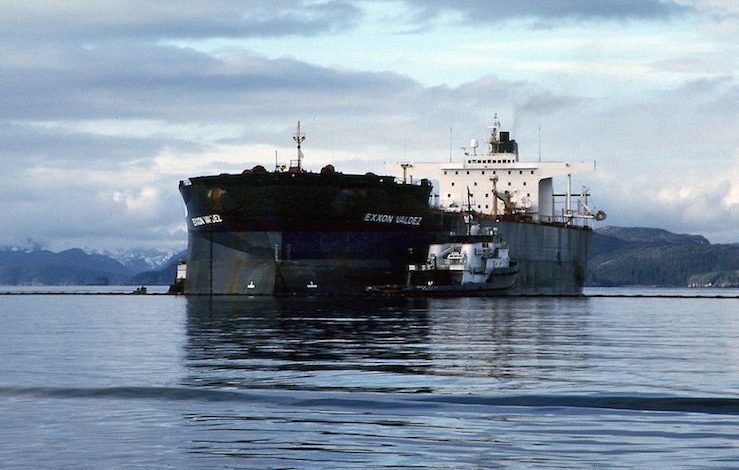Waste cooking oil converted into sponge-like oil spill clean-up product

Scientists at Flinders University in Adelaide have developed a new material that could revolutionise oil spill clean-up operations with a company from Singapore agreeing to help commercialise the product.
The material – absorbent polysulfide made from waste cooking oil and sulphur – acts like a sponge and can absorb up to three times its mass in oil or diesel and is reusable.
The product is hydrophobic, whereby it separates from water and binds well to oil. The polymer absorbs oil much like a sponge, forming a gel that can be scooped out of the water.
The newly agreed collaboration between Flinders University and Singapore’s Clean Earth Technologies will see a manufacturing facility launched in South Australia to produce commercial quantities of the absorbent polysulfide.
Associate professor Justin Chalker who has led the development of the new material told local media yesterday, “Just making a product from waste, regardless of what the end use, is a viable thing to think about. In this case, we’re converting waste into something that can help clean up the environment.”
Waste cooking oil has been making headlines in the maritime press over the past year with a number of lines trialling out new fuels made from products most readily associated with frying chips.

It’s just Factice, if they try chlorosulphurise, it has even better absorbtion
We can help maybe, we are doing the same thing using used oils